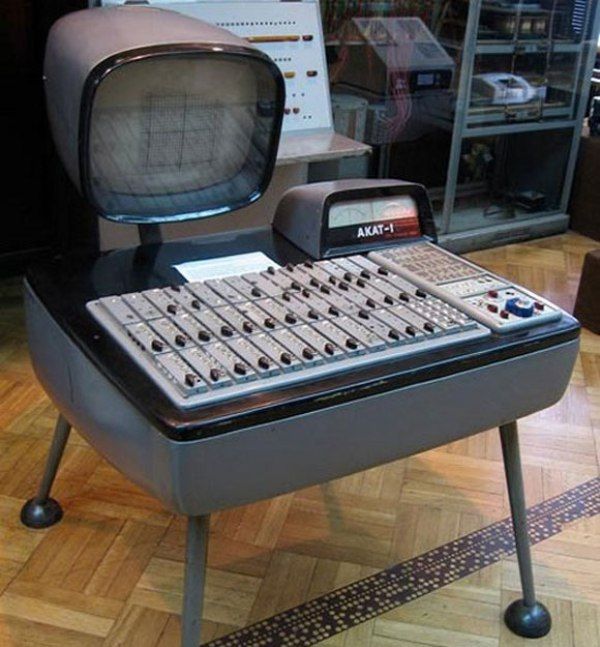
An analogue computer is a type of computer that uses physical components and electrical signals to perform mathematical operations. These computers were prevalent from the 1930s to the 1960s and were used for a variety of applications, including scientific research, engineering, and military calculations.
The earliest analogue computers used mechanical components such as gears, cams, and linkages to represent and manipulate data. Later, electrical components such as resistors, capacitors, and operational amplifiers were used to perform mathematical operations such as addition, subtraction, multiplication, and division.
One of the key advantages of analogue computers is their ability to perform calculations in real time. This is because the input and output signals are continuous rather than being discretized into binary values like digital computers. This real-time capability made analogue computers well-suited for a variety of applications, including control systems, simulations, and modelling.
Analogue computers were also useful for solving differential equations, which are common in many scientific and engineering applications. Unlike digital computers, which require numerical methods to solve differential equations, analogue computers could perform these calculations using physical components that directly represented the mathematical equations.
Despite their advantages, analogue computers had several limitations. One of the most significant was their lack of accuracy and precision. The physical components used in analogue computers were subject to tolerances and errors, which limited their accuracy and precision. In addition, analogue computers were susceptible to drift and noise, which further reduced their accuracy.
With the development of digital computers in the 1960s, analogue computers gradually fell out of use. Digital computers offer higher accuracy, precision, and versatility, making them better suited for most applications. However, analogue computers continue to be used in certain specialized applications, such as control systems and signal processing.
In conclusion, analogue computers played an important role in the development of computing technology. Their real-time capability and ability to perform calculations using physical components made them well-suited for many applications, including scientific research and engineering. Despite their limitations, analogue computers paved the way for the development of modern digital computers and continue to be used in specialized applications.









